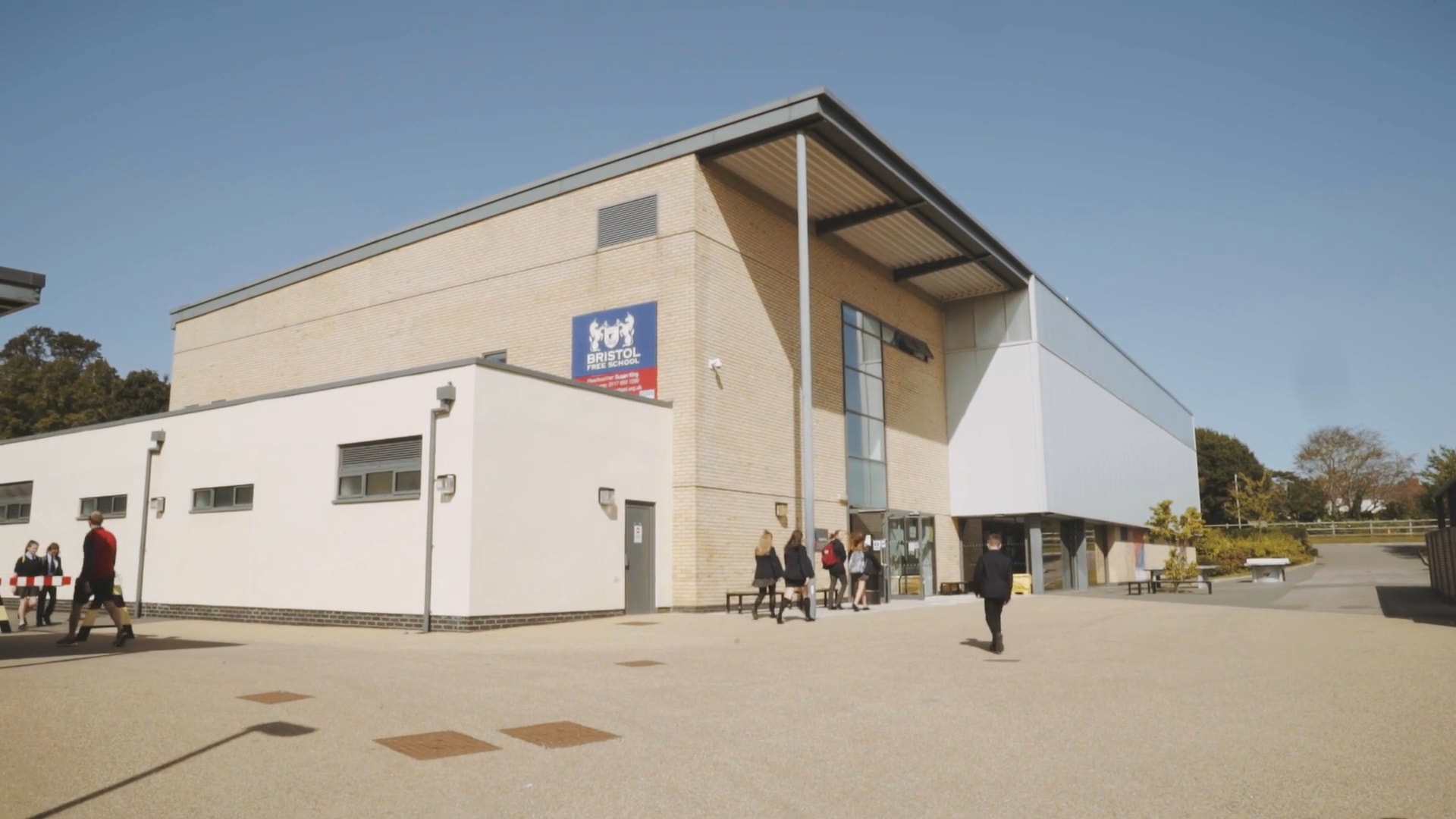
Physics is a practical subject. The development and acquisition of practical skills is fundamental. The Physics A course provides learners with the opportunity to develop experimental methods and techniques for analysing empirical data. Skills in planning, implementing, analysing and evaluating will be assessed in the written papers.
This unit is assessed by an end of module test featuring a range of 'A-level style' questions:
The aim of this module is to introduce important conventions and ideas that permeate the fabric of physics. Understanding of physical quantities, S.I. units, scalars and vectors helps physicists to effectively communicate their ideas within the scientific community.
This unit is assessed by the following end of module tests featuring a range of 'A-level style' questions:
The term force is generally used to indicate a push or a pull. It is difficult to give a proper definition for a force, but in physics we can easily describe what a force can do. A resultant force acting on an object can accelerate the object in a specific direction. The subsequent motion of the object can be analysed using equations of motion. Several forces acting on an object can prevent the object from either moving or rotating. Forces can also change the shape of an object. There are many other things that forces can do.
In this module, learners will learn how to model the motion of objects using mathematics, understand the effect forces have on objects, learn about the important connection between force and energy, appreciate how forces cause deformation and understand the importance of Newton’s laws of motion.
This unit is assessed by the following end of module tests featuring a range of 'A-level style' questions:
The aim of this module is to ultimately introduce key ideas of quantum physics. Electromagnetic waves (e.g. light) have a dual nature. They exhibit both wave
and particle-like behaviour. The wave–particle dual nature is also found to be characteristic of all particles (e.g. electrons). Before any sophisticated work can be done on quantum physics, learners need to appreciate what electrons are and how they behave in electrical circuits. A basic understanding of wave properties is also required.
In this module, learners will learn about electrons, electric current, electrical circuits, wave properties, electromagnetic waves and, of course, quantum physics.
Learners have the opportunity to appreciate how scientific ideas of quantum physics developed over time (HSW7) and their validity rested on the foundations of experimental work.
This unit is assessed by the following end of module tests featuring a range of 'A-level style' questions: